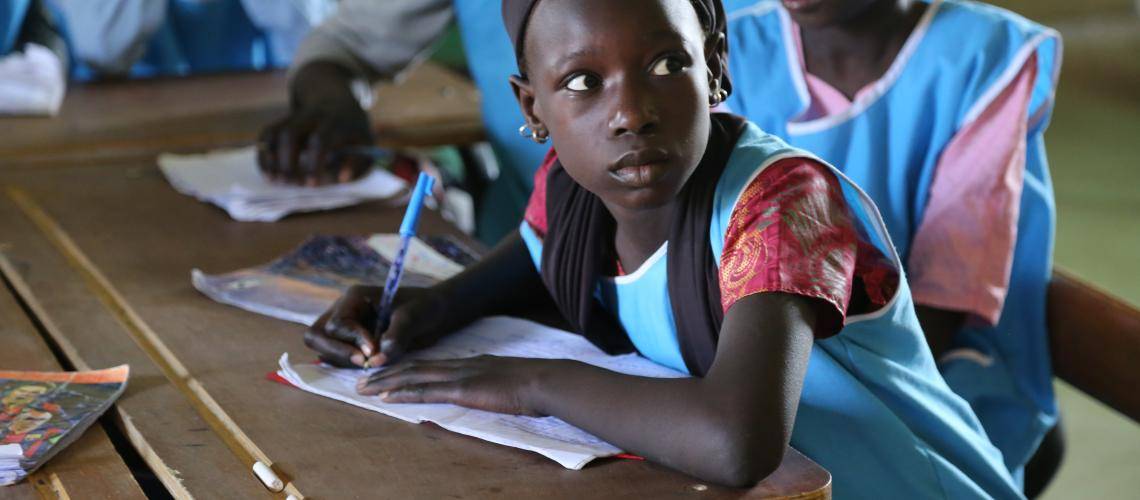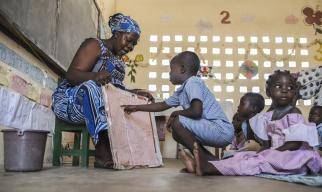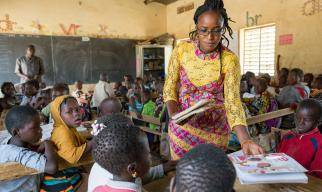In Africa, and more particularly in French-speaking Africa, most children learn in multilingual educational environments. The languages of instruction may not be their mother tongue. This makes it difficult for them to learn effectively, and results in, for instance, a high proportion of grade five students in the region who are not capable of reading at the grade two level.
This project seeks to provide policymakers, who are grappling with language-in-education policies, with tools and approaches for determining what language(s) to teach children in and when to introduce each language of instruction to improve learning outcomes. It will use mixed methods, including quantitative and qualitative analyses. The study will take gender and other vulnerabilities into consideration along the various steps in the research process, from the framing of research questions, to design and data collection, to the analysis and dissemination of results.
The results are expected to inform the development of an effective multilingual education policy, a curriculum tailored for biliteracy learning, language transition readiness assessments, and teacher training modules tailored to the science of how children learn to read two or more languages. The findings are expected to have implications for multilingual education contexts aiming to improve learning outcomes across West Africa and the Indian Ocean, among similar educational contexts.



